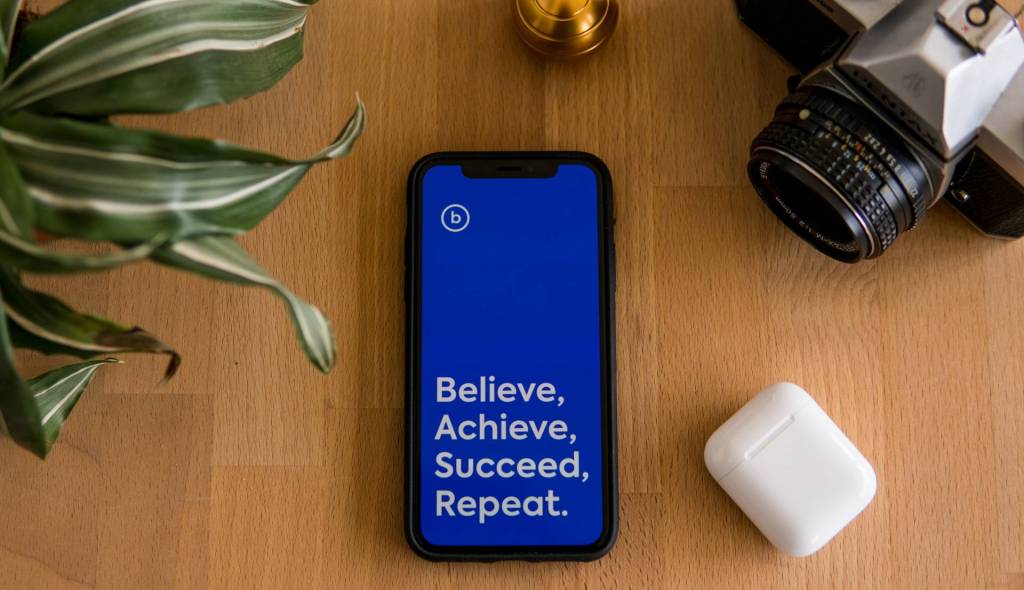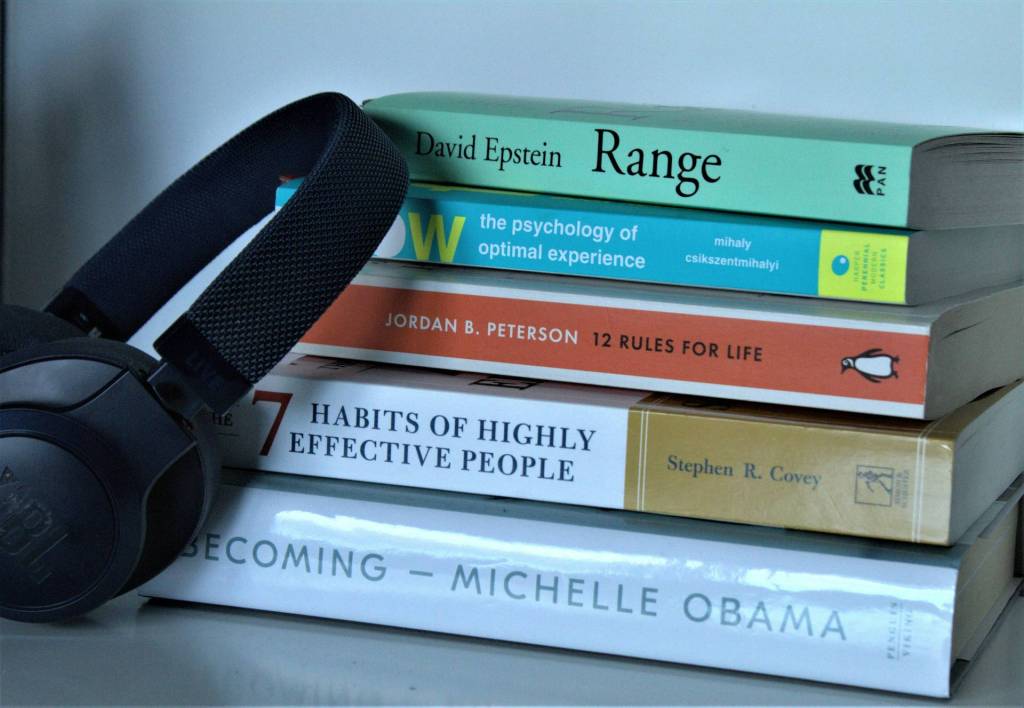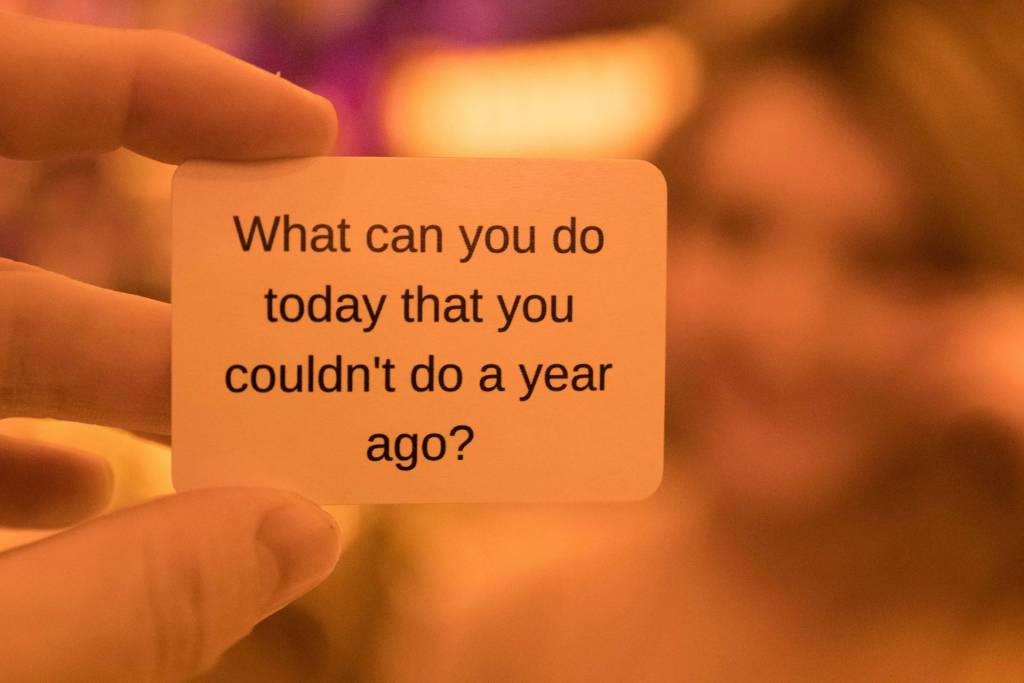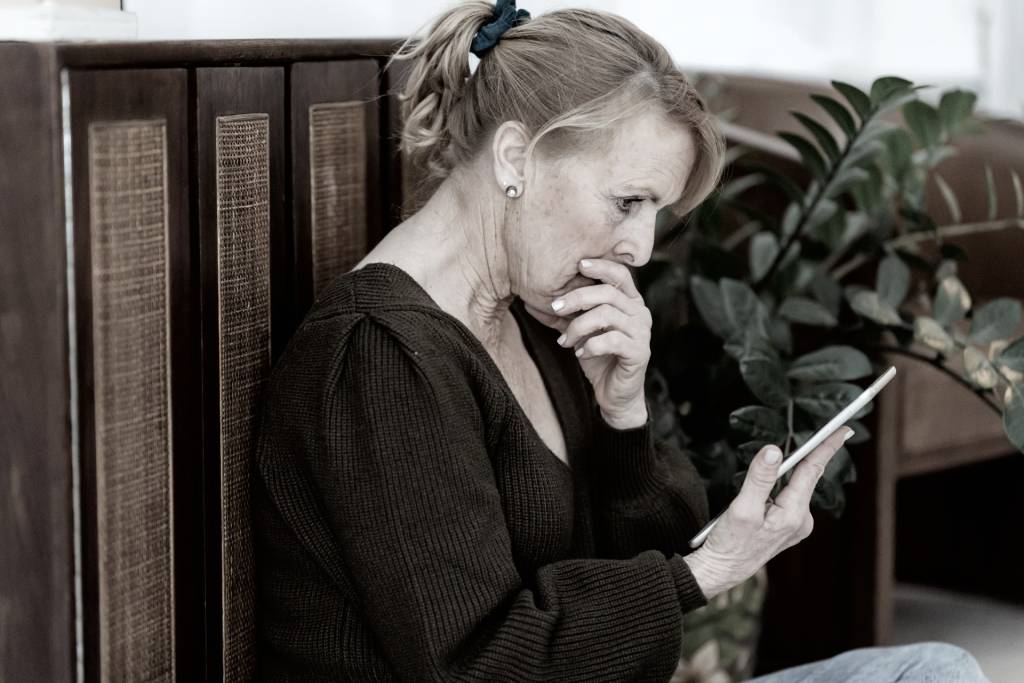We are continually evaluating risk in our lives. We try to decide what’s safe and what’s dangerous. These decisions are usually based on emotions rather than on reliable information.
In many ways, the world is a much “safer place” than it’s ever been. For most of us, infant mortality is down, life expectancy is up and we have access to safe food, clean water, and advanced medical care. This translates into dramatically reduced risk than our grandparents faced.
At the same time, some have a more pessimistic view about the new risks we face. They recognize that though risks we had faced have decreased, other new hazards have been introduced. Some would cite, hazardous waste, potential nuclear power accidents, unknown effects of genetically modified foods, ozone depletion, terrorism, or the recent ebola epidemic in West Africa.
Both arguments are true. We live in a safer world in some ways and a more dangerous world in other ways. To make the best decisions possible, an investor, employee or business manager needs reliable information to put the relative risks into perspective.
If we are excessively cautious and avoid all risk, we remain stagnant, complacent and could possibly suffer from isolation and depression. On the other extreme, if we are impulsive and take foolish risks we could end up making regrettable decisions.
Our goal is to understand the emotional drivers of risk and the factual nature of the situations we face. The highest risk doesn’t always correlate with the highest return.
The recent Pew Research study, ‘Portrait of the Millennials’, explored the behaviors, values and opinions of the teens and twenty-somethings that make up the Millennial Generation. The study revealed some interesting facts about Millennials:
They are more optimistic about their future than older adults are about their future; they are more receptive to change, to immigration, to interracial dating, et cetera. But surprisingly, on a classic social science question — do you think people can generally be trusted, or do you think when you’re dealing with other people, you can’t be too careful? — two-thirds of Millennials say you can’t be too careful. Nine-eleven (9/11) told them it’s a mean world; Columbine tells them that — the major experiences in their life. And whereas Boomers looked at institutions and said, boy, you’ve screwed everything up, [Millennials] look to institutions and say, you got to protect us.
The other thing we know about Millennials is that “they show a genuine aversion to risk and that’s why they’re planning ahead. It also could explain why their first question when they come for a job is not what’ll I get paid next week, but what are my odds here three or five years out? How do I kind of plan my life here?”
For those of us who are overly risk averse, Oliver Burkeman’s WSJ article, The Power of Negative Thinking, may help us recalibrate our fear of failure. “Just thinking in sober detail about worst-case scenarios can help to sap the future of its anxiety-producing power.” We can gain inspiration from Steve Jobs famous declaration; “Remembering that you are going to die is the best way that I know to avoid the trap of thinking you have something to lose.” Ironically, we waste our time when we worry about not achieving our goals and in the end it’s the worrying and fear that limit us most from pursuing them.
One effective strategy to overcoming one’s fear of failure is to start out by envisioning the worst-case scenario. Envision failure and consider it an integral part of the process for initiating success. Once you confront your worst fear and see that it doesn’t kill you, you can then plan for how you can recover.
If you are one who becomes paralyzed by your fear of a negative outcome, I suggest you adopt the following motto; Plan for the worst and hope for the best. Try to maintain a sense of humor about the “roller coaster” of emotions called life.
Greatness comes from allowing oneself to be vulnerable. Those who engage in activities, which expose their vulnerability, may be the strongest among us. Fear of failure does not eclipse their striving for new knowledge and growth. They understand that failure is on the path to developing something that might change the world.
Perhaps we can all become more successful once we shift our mindset to yearning for opportunities to take risks.
As a society, we have benefited from those who were willing to take risks and who didn’t become discouraged by their failures. We need to delight in exploration for its own sake and let go of our fear of judgment from peers. When we learn from our mistakes, failure can be an instructive experience. Perhaps it’s time to start making ourselves more vulnerable, taking more risks and occasionally failing in order to achieve greater success.
Marc and Angel Chernoff’s book, 1000 Little Things Happy Successful People Do Differently helps clarify why people avoid taking risk and how to overcome your fears that prevent you from exploiting opportunities that come from assuming risks in life.
Marc and Angel Chernoff’ said, “Risk is an inherent part of living a good life. Without taking risks, you cannot truly live… you merely exist. Which is why the happiest among us take small risks every day.” Let’s take a look at ten examples given in their book, and examine some ideas on how to implement them in your own life.
The Possibility of Being Hurt
As you grow up, you will learn that even the one person who wasn’t supposed to ever let you down probably will in some small way. You will have your heart broken probably more than once. You too will inadvertently break some hearts, so remember how it felt when someone else broke yours. You’ll eventually lose someone you thought you couldn’t live without and be disappointed by someone you’ve sacrificed for. This is what happens when you open your heart and mind to the greatest joys of life. This is also what happens when you involve yourself in someone’s life with the hope of alleviating their problems and in the end you’re neither appreciated or valued. Commit yourself to doing the right thing with low expectations from others and you’ll reduce the intensity, duration and extent to which you get hurt.
“Take too many pictures, laugh too much, and love like you’ve never been hurt. Don’t be afraid that your days will end in pain, be afraid they will never begin with honesty and love. Life is too short to let it pass by. Open your heart and mind and live it to the fullest!”
You Have Intrinsic Value
Grow accustomed to the idea that you don’t need everyone to like you. Realize that you have intrinsic value by the very fact that you exist. Recognize that you have a purpose in life and it’s your responsibility to discover what it is you can contribute to the world in a way no one else can. Accept the fact that not everyone is going to see your beauty even though it’s there. Stop being a people-pleaser all the time; because when you go around pleasing everyone but yourself, you are the one that gets hurt.
“Your value doesn’t decrease based on someone’s inability to see your worth. It’s their loss, not yours. Don’t give so much of yourself to others that you end up completely losing yourself. In the end you will know who truly loves you; they’re the ones who respect you for who you are, and no matter what, they stand by your side.” Surround yourself with these people. And try to hang out with people who bring out your best!
Appreciate What You Already Have
“You will always be missing out on something. You simply can’t have it all. Thus it will always seem like something wonderful might be happening elsewhere. And that’s OK. Let it go, and realize you have everything right now. The best in life isn’t somewhere else; it’s right where you are at this moment. You have to accept that some things will never be yours, and learn to value the things that are only yours.
What you take for granted, someone else is praying for. Happiness never comes to those who don’t appreciate what they already have. Don’t wait until what you HAVE becomes what you HAD. Pause and appreciate all the good things you have in your life right now, as they are happening.”
Help Others Without Expectations
As Ralph Waldo Emerson once said, “The purpose of life is not to simply be happy. It is to be useful, to be honorable, to be compassionate, to have it make some difference that you have lived and lived well.”
Happiness doesn’t come through selfishness, but through selflessness. Kindness you give out will come back around. Greet people with a smile. Offer encouragement. Identify good traits in others and communicate your positive thoughts to that person. Compliment people often and with sincerity. Notice other people’s progress, cheer them on, and help them see their own greatness. Look for the goodness in others and focus on their virtues. Speak about other people’s virtues rather than their flaws. The more happiness you help others find in life, the more happiness you will find.
Take Full Responsibility for Your Own Happiness
Alvin Wong was recently said to be the happiest man in America according to a Gallup poll. Wong says that having humility is the key to his happiness. “Humility teaches me that I don’t know everything, that I’m not the most important person,” he said. He is polite, restrained and willing to give the other person the benefit of the doubt. “If you don’t listen, you’re not going to learn anything.”
Wong follows the belief system that your heaven or hell is made here on earth by the deeds you do,” he said. “People will miss you or not miss you. Their thoughts about you are how you are remembered. If that doesn’t keep you grounded, I don’t know what will.” Wong’s happiness is grounded in his straightforward but optimistic view of setbacks, from high school breakups to deaths in the family to the time he nearly died as a 6-month-old during the Pearl Harbor attacks. He seldom focuses on negative experiences. “I guess my attitude has always been, you’ve got to go forward,” he said. “When you have a failure, when you have something that happens to you that is traumatic, what you have to do is learn from it, but move on and not let that happen again.”
The happiest people commit themselves to caring for themselves and exercising these happy muscles. Happy people are more inclined to balance taking time for themselves and doing for others. They don’t consider themselves martyrs and are willing to accept their imperfections. They tend to let things go more easily than others and take themselves a bit less seriously when they make a mistake.
Happy people are able to embrace their limitations and seek help from others for support and counsel on how to address problems. They don’t focus on trying to be perfect or on trying to portray themselves as perfect. They don’t crave attention nor do they need constant approval from others in order to recognize their own self-worth. The happiest people have good self-esteem, set healthy boundaries with others and focus on what they can change not on what’s outside of their control.
So stop blaming others for what you have or don’t have, or for what you feel or don’t feel. When you blame others for what you’re going through, you deny responsibility and perpetuate the problem. Stop giving your power away and start taking responsibility for your life. Blaming is just another sorry excuse, and making excuses is the first step towards both misery and failure. As the Chernoff’s say “YOU, and only you, are responsible for your decisions; make a good one right now that your future self will thank you for.”
May it be choosing your friends, your partner in life, your career, lifestyle, or your community, be accountable for your choices in life. Don’t wait for others to find you or for an opportunity to fall in your lap. Carpes Es Dium…Seize the Day. Seek out those experiences and people that will offer you the life you dream of. If you’re not sure of what you want, find a mentor or coach to help guide you. But don’t wait for someone else to steer your life. Be your own captain on your journey through life!
Take Action Now and Accept the Consequences
Consider every day when you awake a real gift. Say to yourself, I’m thankful to have a new day – a new beginning and today I’m going to do something positive for myself and for someone else. You have been given this day to use as you please. You can waste it or you can use it for something worthwhile. Laziness and procrastination lead to stagnation but action leads to happiness. Don’t be afraid to confront great challenges. It’s our challenges that make our life interesting and overcoming them makes life meaningful. Wisdom comes from the education derived from overcoming an obstacle. Seek wisdom and learn from all your experiences-both the joyful and difficult ones.
See the Discomfort from Challenges as Opportunities for Growth
“Needless worry gives small things a big shadow. In the end, you can either focus on what’s tearing you apart, or what’s holding you together. You have to roll with life instead of against it. And sorry for spoiling the ending for you… but everything is going to be OK – you just need to learn a lesson or two first. Don’t run from the realities of your present struggles. The pain and defeat contained within them are necessary to your long-term growth. Remember, there is a difference between encountering defeats and being defeated. Nothing ever goes away until it teaches you what you need to know to grow.”
When you make a mistake, try to understand where you went wrong. Use the experience as a lesson for what not to do again and move on. Anticipate when you might face this challenge again and envision yourself doing the right thing. Take comfort in the fact that as long as you’re alive you can improve yourself and correct a character flaw. Imagine the positive outcome that could come from fixing this flaw when it comes up again and even laugh at yourself for being human, messing up and then making a correction.
To Do Something Meaningful, Accept the Possibility of Failing
“If you are too afraid of failure, you can’t possibly do what needs to be done to succeed in living a fulfilling life. The key is to get comfortable with being uncomfortable. Comfort is a state of being in which to find rest and renewal for a short time; it is a dreary and dismal place to remain permanently. If you don’t challenge yourself on a regular basis, by taking small steps into unfamiliar territory, your abilities and effectiveness will become stale and weak. The reason life can be so rewarding is precisely because nothing is guaranteed. Some of your best life experiences and opportunities will come to you only after you dare to lose.
When your efforts are met with failure, you know you are on to something; because on the flip side of that failure is a real, substantial accomplishment that doesn’t come easy. Your failed attempt is simply evidence that you are reaching higher. And “higher” is always the best direction to travel in.” (Read Ramit Sethi’s Book, I’ll Teach You to Be Rich). Sethi teaches that you should choose carefully whom you listen to about failure. Take advice from people who have accomplished what you want to accomplish. He says, seek out masters of their craft and study them. This way you could achieve success and even use a failure to succeed.
Disappointments are Normal
“Down days and disappointments are completely normal, and not something you should feel guilty about having. Happiness is never constant. Surrendering to your sadness, or whatever negative emotion is trying to come to the surface, does not make you a bad person. But remember, if you aren’t sincerely thankful for every smile; don’t be totally shocked by every tear. Keep things in perspective.
Once you embrace unpleasant news, not as a negative but as evidence of a need for positive change, you’re learning from it and growing. Whatever life throws at you, even if it hurts, be strong and fight through it. Remember, strong walls shake but never collapse. Life always offers you another chance… it’s called tomorrow.”
Learn to Start Anew
Holding on to what’s no longer there holds too many of us back. Some of us spend the majority of our lives recounting the past and letting it steer the course of the present. “Don’t waste your time trying to live in another time and place. Let the past GO! You must accept the end of something in order to begin to build something new. So close some old doors today. Not because of pride, inability or egotism, but simply because you’ve entered each one of them in the past and realize that they lead to nowhere.” When we continue to repeat a story in our head, as all of us do, we eventually believe that story and embrace it – whether it empowers us or not. So the question is: Does your story empower you? Don’t place your past mishaps on your mind, their weight may crush your current potential. Instead, place them under your feet and use them as a platform to view the horizon. Remember, all things are difficult before they are easy. What matters the most is what you start doing now.“
There’s an upside to taking risks and rethinking about uncertainty. If no one would take risks we wouldn’t have the printing press (the precursor to the internet), penicillin, semiconductor, optical lenses, refrigeration, gunpowder, the airplane, the automobile, the pill, the telephone, anesthesia, the assembly line and the combine harvester. No one would marry and certainly no one would dare to have children. Essentially, if no one took a risk to fail at attempting to do things differently, the world would still be in the dark ages. The risk takers who went out on their own challenged the status quo and sought to innovate were not crazy, insensible people.
Their success came from taking risks and being persistent with their ideas with courage to accept a failure and to learn from it. This kind of sensible risk taking will allow you to manage a great success, a mild success and a total blow out failure. Smart risk taking requires taking a leap based on having a realistic gauge of market demand and being aware that with every risk there’s the possibility for failure.
Those who take smart risks recognize that taking risk is an essential as part of the journey towards creating something new and valuable in life. If companies and individuals seek complacency and play it safe all the time, they’ll miss opportunities to experience growth and to make a contribution to the world. Either extreme, being reckless or playing it safe all the time are both flawed strategies for life. It’s somewhere in the middle that we find challenge, growth, newness, possibility for correction and an improved world.











